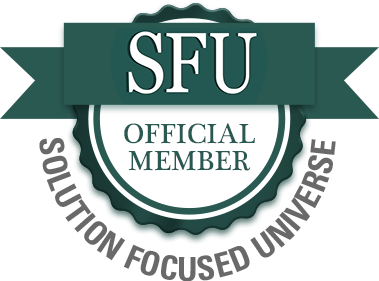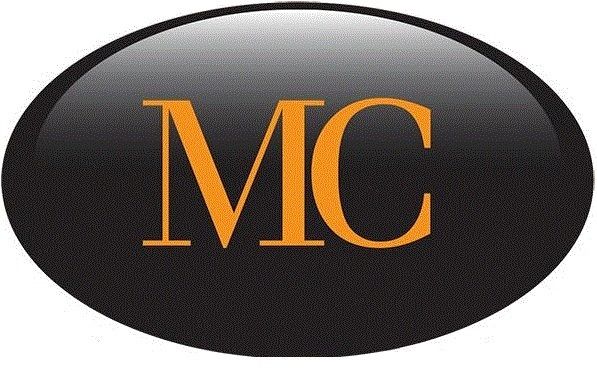Proficiency Summary of a two day online training on Solution Focused Brief Therapy, provided by Elliott Connie and Dr. Adam Froerer
Day 2. Awesome! Simply awesome! Why, because Elliott placed the burden of learning back on the subject who wishes to develop. You and I. Adam shared a story of identity and humility to himself, for a fellow associate and to humanity.
Read Malcolm Sheperd Knowles and our adult learning selves. Our need to identify what we wish to learn, be part of the selection process of what will be taught and thru social feedback and life’s litmus test of being able to acquire the desired outcomes from what we apply in the marketplace, affirm that we have indeed learned a meaningful skill.
Then I listened to Adam’s account of two people pursuing their studies, their passions only to be treated very differently by their peers. Now I get it!. Their bond is their experience and the human one exhibits for the other, well, it’s self-evident. This I ‘hear’, is their mission to enable other practitioners to develop their craft for the support of their clients and not the institutions that aim to govern our ability to practice.
The fact that many practitioners are certified and credentialed is only the foundation of their journey. It provides a footing for guiding us forward in an ever-changing arena of mental challenges primarily of our own making. Take a moment and read up on the established models of education and you will quickly learn why our systems limit our ability to manage change. Keywords Pedagogy, Andragogy and Heutagogy.
Proficiency is the word of the day. Without practising and this means stumbling over our inability to frame appropriate questions, failing to connect the expressed meaning shared by a client and getting the conversations wrong. Staying focused on comprehending what the other person means while we try to gain the desired outcomes, within timelines established, we cannot develop humility for our clients and certainly not about ourselves if we do not develop our proficiency.
Elliott said it best. If I spoon feed you a tract, what happens when the next client does not fit on your track? What happens when a client comes in with a difference of perspective and you are unable to help them? What happens when you are faced with behaviour and identity that you have been programmed to rebuff? If you are not ready to practice, practice and practice some more then you will always be at odds with the very definition of the methodology. Perhaps that is why we are so quick to dismiss the fundamentals of interpersonal communications. Perhaps this is why we discount it as ‘soft-skills, in an attempt to divert our attention to more mundane acts of engagement that even children recognize as pacifying one another.
The practitioner is always learning as knowledge is always developing and our minds are ever-expanding from our unique experiences. Thank you, Elliott, Adam and the team for making this resource available.













